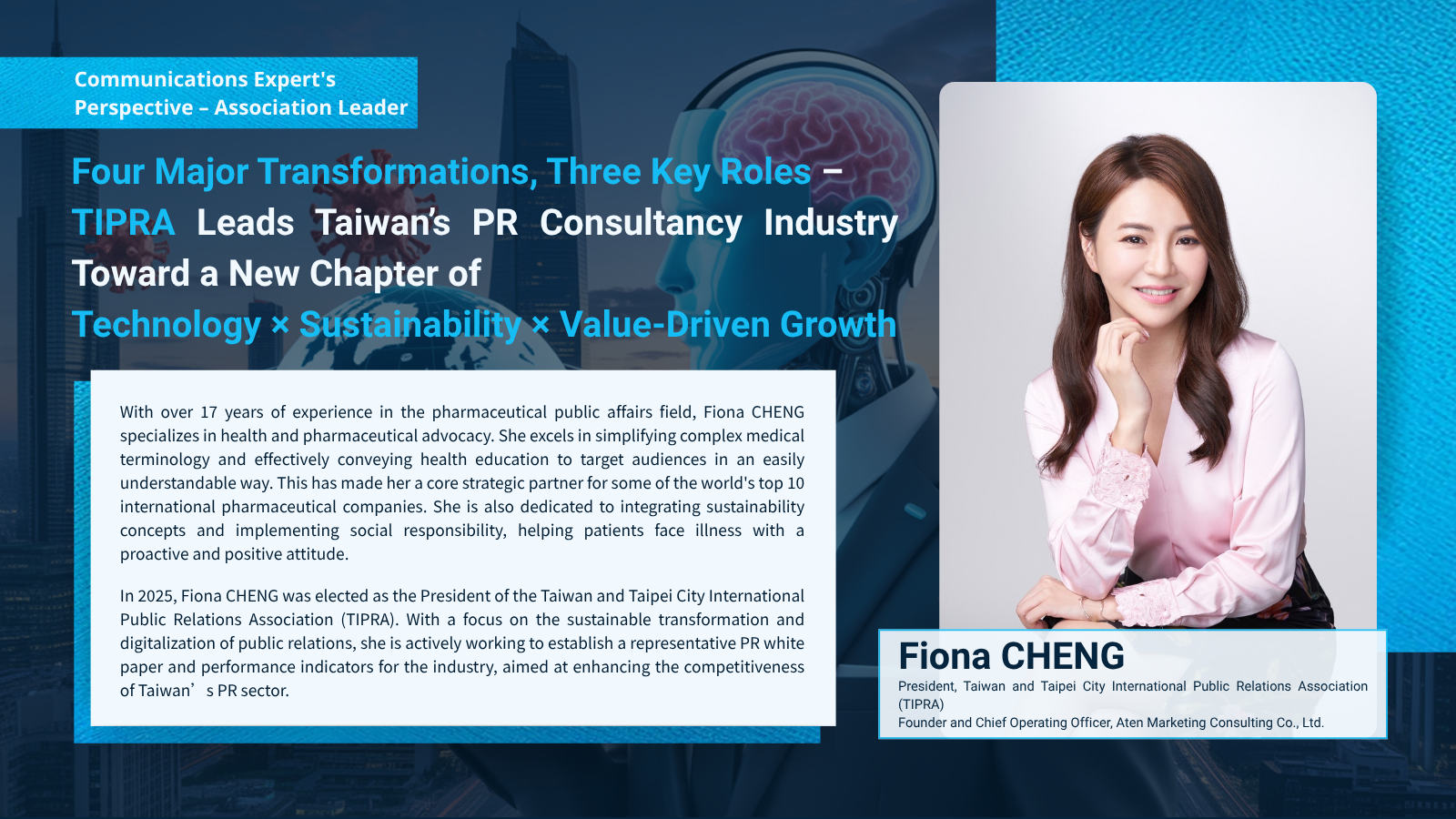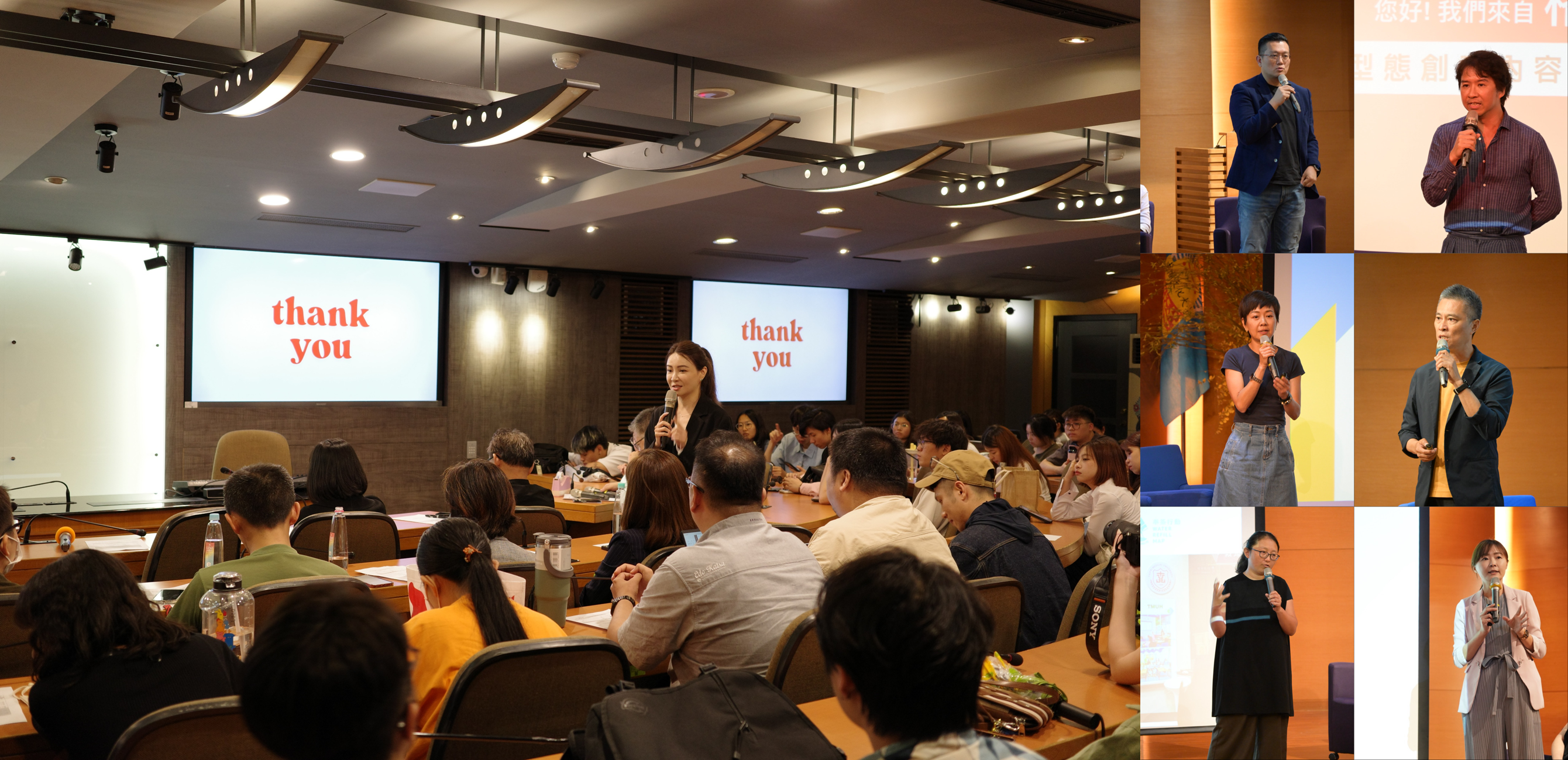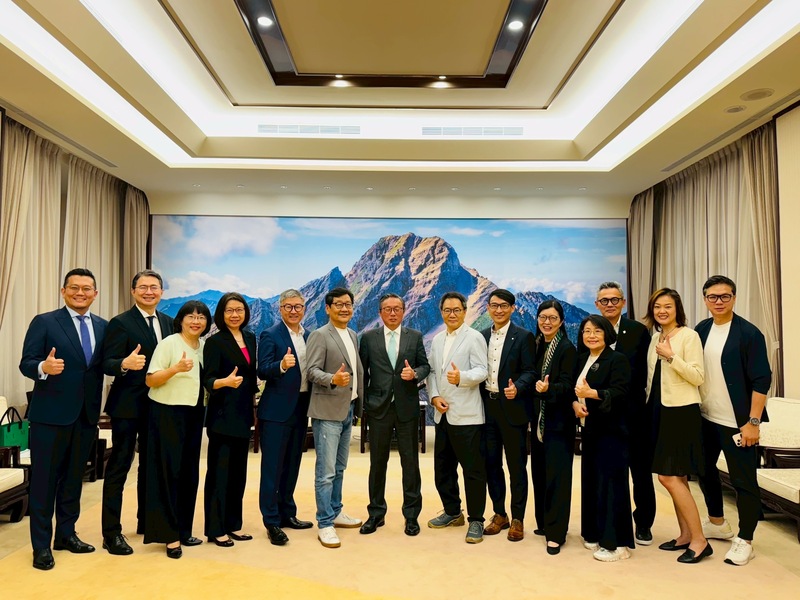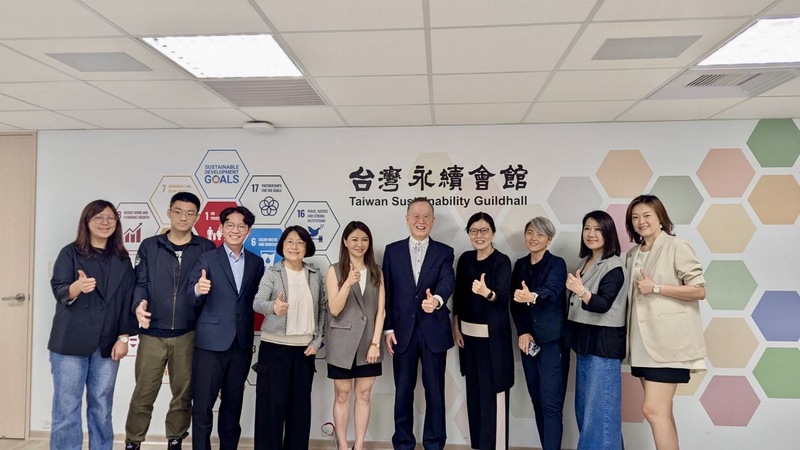
(Excerpted from Dear VOCAL MIDDLE: The 2025 Mid-Year Report )
“Dear VOCAL MIDDLE:” is VOCAL MIDDLE's biannual flagship insight report, published mid-year and year-end each year. Every edition revolves around one central theme: the future.
This time, we chose the theme “PR Next: The Future of Public Relations”, focusing on two key points:
The year 2025 marks a pivotal moment where the aftermath of the pandemic intersects with the widespread adoption of generative AI. Amid the profound shifts in the global communications ecosystem, we invited industry experts to collectively explore the implications of this transformation for the future.
Every job, role, and task within the communications field ultimately aims to create impact. If we say that the essence of creating impact is trust, then PR consultants represent the most fundamental, core function, role, and industry in the process of building trust.
This report not only reflects the views of VOCAL MIDDLE but also brings together partners from across the Asia-Pacific region, leaders from public associations, and communication education pioneers. Together, we ponder: as change and restructuring become the norm, how will the role of the PR consultant evolve from being “one among many” within the industry to becoming the central link connecting markets, businesses, organizations, and the public?
Expert Commentary:Fiona CHENG, President of Taiwan and Taipei City International Public Relations Association (TIPRA)
Looking back, PR has long been perceived as the “megaphone” between brands and the public—focused on message dissemination, media exposure, and image management. However, the global spread of COVID-19 placed humanity in a state of heightened instability and anxiety. Public expectations shifted: brand selection was no longer driven solely by visibility or popularity, but by trustworthiness.
During this period, the role of the PR consultant also began to evolve. Beyond managing crisis communication and clearly conveying public health measures, companies increasingly relied on PR professionals to drive internal and external communication, and to help cultivate a culture of resilience.
Then came the rapid rise of AIGC (AI-generated content), which drastically lowered the barriers to content creation. This disrupted the traditional consultant model, which had long built its value on content strategy, copywriting, and visual storytelling. But while this technological revolution presents challenges, it also opens the door to meaningful transformation.
At its core, AIGC remains a tool—it cannot replace the consultant's uniquely human ability to interpret complex contexts, understand human behavior, and craft culturally relevant strategies.
This signals two key shifts:
Companies are no longer looking for PR consultants to simply execute communication tasks for one-off campaigns. They now seek partners with credibility, strategic foresight, and integrated capabilities—true collaborators in shaping long-term trust and impact.
The future of PR consulting lies in a dual-track expertise that combines AI and the humanities. Consultants must be idea-led, AI-powered, and value-driven—blending creativity and technology to improve efficiency, while leveraging uniquely human strengths like judgment, empathy, and creative leadership.
The PR industry is undergoing a fundamental shift—from a linear model of growth to a cross-disciplinary transformation driven by technology, sustainability, and values. This shift marks a departure from traditional norms and a move toward a more strategic, future-facing role:
1. From Exposure-Driven to Reputation-Centric:
The core value of PR is no longer just about “getting a brand seen,” but about “making a brand trusted.” Deep engagement with stakeholders and long-term reputation management are becoming standard expectations.
2. From Labor-Intensive to Tool-Driven:
By leveraging AIGC, data analytics, and automation, PR professionals can significantly enhance project efficiency and ROI—laying the foundation for a scalable, tool-enabled consultancy model.
3. From Short-Term Projects to Long-Term Partnerships:
Businesses are seeking strategic partners who can navigate uncertainty alongside them. The value of PR consultants will lie in long-term, embedded partnerships, where teams provide solutions with high switching costs and deep strategic integration.
At the same time, the pandemic has heightened public focus on corporate responsibility, environmental sustainability, and employee well-being. The PR role is expanding—from media exposure to becoming the storyteller of brand values and responsibility.
4. From Traditional Workspaces to Hybrid and Flexible Teams:
The post-pandemic workplace is being redefined. This calls for PR organizations to embrace remote systems, agile team structures, and diverse working models that support flexibility and resilience.
These four directions are not just a response to past changes—they are a strategic blueprint for future challenges. For the PR consulting industry, this represents more than a skillset upgrade—it is a complete redefinition of the profession.
In the years ahead, PR consultants will no longer serve merely as task executors or campaign responders. Instead, they will become co-creators and enablers of business value, helping organizations navigate complexity with clarity, integrity, and long-term vision.
In the face of such rapid and profound transformation, it is essential for an industry association like ours to take on three key roles:
First, to nurture talent for the future, by promoting interdisciplinary training, hands-on AI workshops, and the development of industry-wide talent standards.
Second, to establish ethical and trust frameworks, helping member organizations navigate issues of copyright, transparency, and risk management in the era of AI.
Third, to connect government and business, working together to shape modern communication governance policies and define new rules for public trust.
Since taking on the role of Chairperson of TIPRA (Taiwan and Taipei International Public Relations Association), I have actively championed industry-academia collaboration and talent development. This has included leading numerous practical PR courses on university campuses and launching the “PR Professional Lecture Series.” These initiatives aim to strengthen the connection between academia and the industry, help the next generation understand the value of public relations, and equip them with the practical skills needed to compete in the workforce.
In 2025, TIPRA officially joined the Sustainable Marketing Alliance, recognizing the vital role PR consultants play in creating impact. Through this alliance, TIPRA is actively involved in integrating sustainability policies with industry-led initiatives.

To further strengthen the collaborative framework between government and industry on sustainability efforts, TIPRA recently joined representatives from ten major advertising, PR, and marketing communications associations in a joint visit to the Executive Yuan. The meeting resulted in strong policy support and a shared commitment to advancing sustainability together.

Building on this foundation, TIPRA has also partnered with the government and the Taiwan Institute for Sustainable Energy to promote the “Sustainable Marketing Manager” training and professional certification program. The goal is to cultivate a new generation of marketing and PR professionals equipped with cross-disciplinary perspectives, strong communication skills, and a deep awareness of sustainability. By doing so, we aim to strengthen effective communication among businesses, government, and society at large—paving the way toward a more sustainable and inclusive future.

Looking ahead to the next decade, the impact of COVID should not be seen as an endpoint—but rather as a catalyst that has sparked self-reflection and evolution across the industry. In parallel, AIGC (AI-generated content) is compelling us to redefine our understanding of “value” and “core purpose.”
As the founder of Artdian Marketing Consulting, with long-standing involvement in patient advocacy and pharmaceutical policy promotion, I have witnessed a profound shift in the nature of healthcare PR services. Communication has evolved from a traditional B2B2C model to a B2B2S (Business to Society) model, where social responsibility and stakeholder engagement take center stage.
I firmly believe that only by embracing change and reimagining our value, can the PR consulting industry lead businesses and society through uncertainty—toward a new era of communication rooted in trust and impact.
